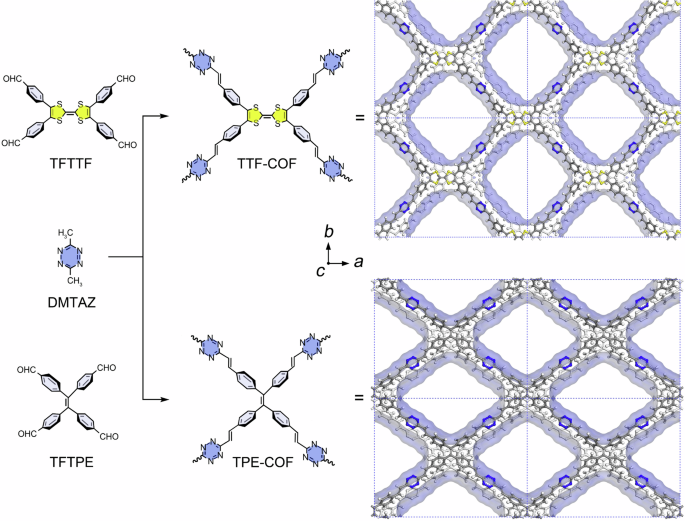Get the latest tech news
Researchers have developed a method for extracting gold from electronics waste, then using the recovered precious metal as a catalyst for converting carbon dioxide (CO2), a greenhouse gas, to organic materials
A Cornell-led research team has developed a method for extracting gold from electronics waste, then using the recovered precious metal as a catalyst for converting carbon dioxide, a greenhouse gas, to organic materials.
A Cornell-led research team has developed a method for extracting gold from electronics waste, then using the recovered precious metal as a catalyst for converting carbon dioxide (CO2), a greenhouse gas, to organic materials. The method could provide a sustainable use for some of the approximately 50 million tons of e-waste discarded each year, only 20% of which is recycled, according to Amin Zadehnazari, a postdoctoral researcher in the lab of Alireza Abbaspourrad, the Yongkeun Joh Associate Professor of Food Chemistry and Ingredient Technology in the College of Agriculture and Life Sciences. Zadehnazari synthesized a pair of vinyl-linked covalent organic frameworks (VCOFs) to remove gold ions and nanoparticles from circuit boards in discarded electronic devices.
Or read this on r/technology

